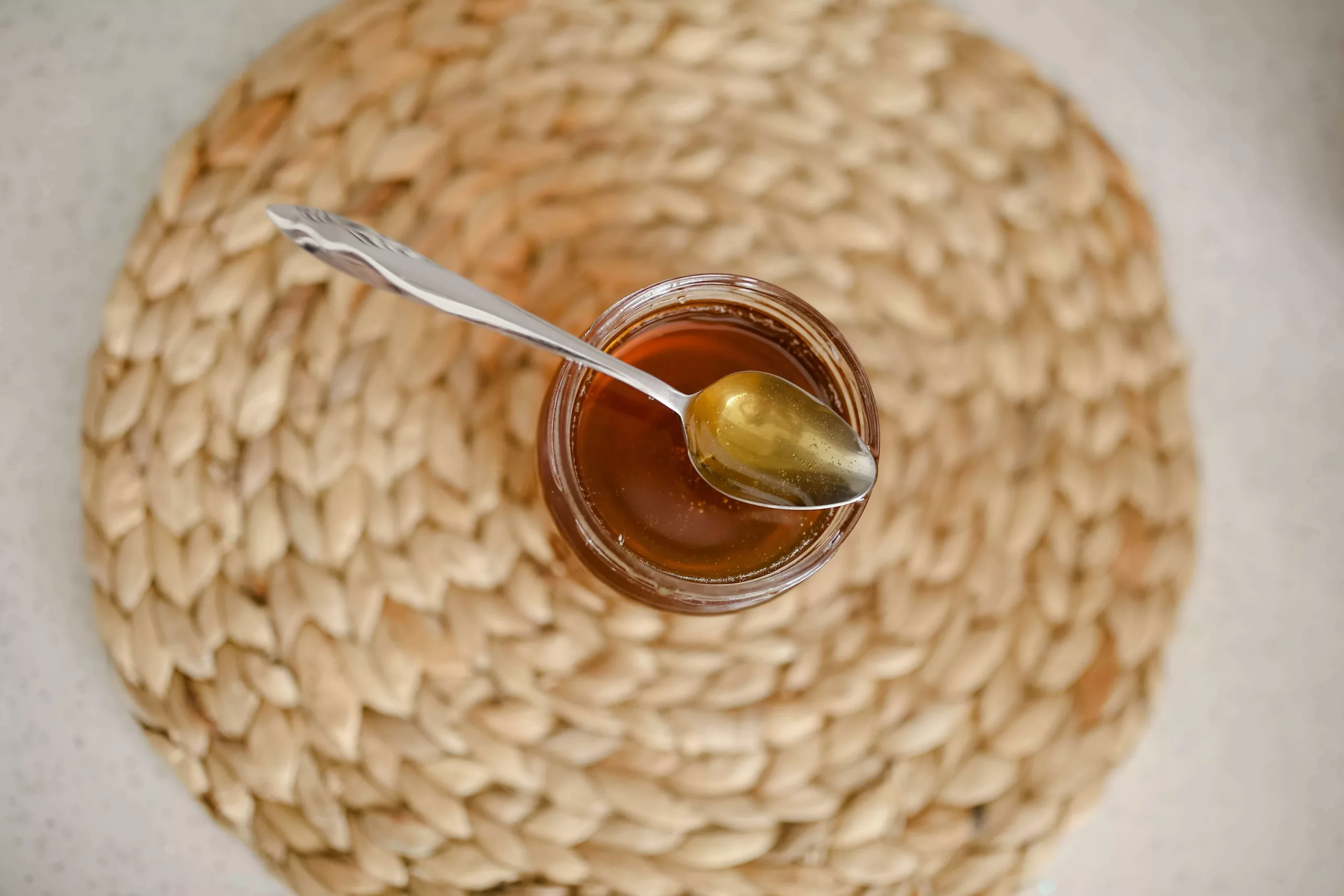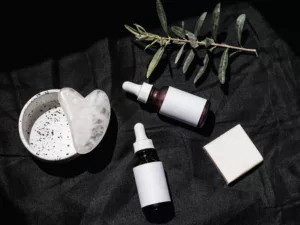

Antibacterial Moisturizer


Acne is a common skin condition that affects people of all ages. While there are numerous commercial products and treatments available, many individuals prefer to combat acne naturally to avoid the potential side effects of harsh chemicals. In this blog, we’ll explore three effective natural remedies for acne that can help you achieve clear, radiant skin without the use of synthetic ingredients.
Tea tree oil, derived from the leaves of the Australian tea tree (Melaleuca alternifolia), is renowned for its potent antiseptic and anti-inflammatory properties. It’s a popular choice for those seeking a natural remedy to combat acne and blemishes.
How to Use Tea Tree Oil for Acne:
Ingredients:
Instructions:
Note: Perform a patch test before using tea tree oil on your face to ensure you don’t have an adverse reaction. If you have sensitive skin, consider starting with a lower concentration of tea tree oil and gradually increasing it as your skin becomes accustomed to it.
Honey is a natural humectant and has antibacterial properties that make it an excellent choice for treating acne. It helps draw moisture into the skin while also fighting acne-causing bacteria.
How to Use Honey for Acne:
Ingredients:
Instructions:
For best results, use honey as a face mask 2-3 times a week. Honey can help reduce redness, inflammation, and the appearance of acne scars over time.
Apple cider vinegar (ACV) is known for its ability to balance the skin’s pH levels, which can be especially beneficial for those with acne-prone skin. ACV also has antibacterial and anti-inflammatory properties that can help reduce breakouts.
How to Use Apple Cider Vinegar for Acne:
Ingredients:
Instructions:
Start by using this remedy 2-3 times a week, and adjust the frequency based on your skin’s response. If you experience any irritation or discomfort, further dilute the ACV with water.
Achieving clear skin doesn’t always require harsh chemicals or expensive treatments. These natural remedies—tea tree oil, honey, and apple cider vinegar—offer effective solutions for acne-prone skin without the risk of side effects associated with synthetic ingredients. Remember that natural remedies may take time to show results, so be patient and consistent in your skincare routine. Embrace the beauty of naturally clear skin and let these remedies bring out your radiant, confident self.
Sustainable Shades For many DIY enthusiasts and design aficionados, a fresh coat of paint is…
Cruelty-Free Solutions for a Healthier You Chronic inflammation can be a relentless foe, disrupting our…
Unleashing Your Brain's Potential In today's fast-paced world, maintaining sharp mental focus and cognitive agility…
Exploring DIY Organic Makeup Fixers For the eco-conscious beauty enthusiast, the quest for flawless makeup…
A Sensitive Exploration The clean beauty movement has taken the beauty world by storm. Consumers…
Taming the Mane Frizz – the bane of smooth hair dreams. It can transform a…
This website uses cookies.